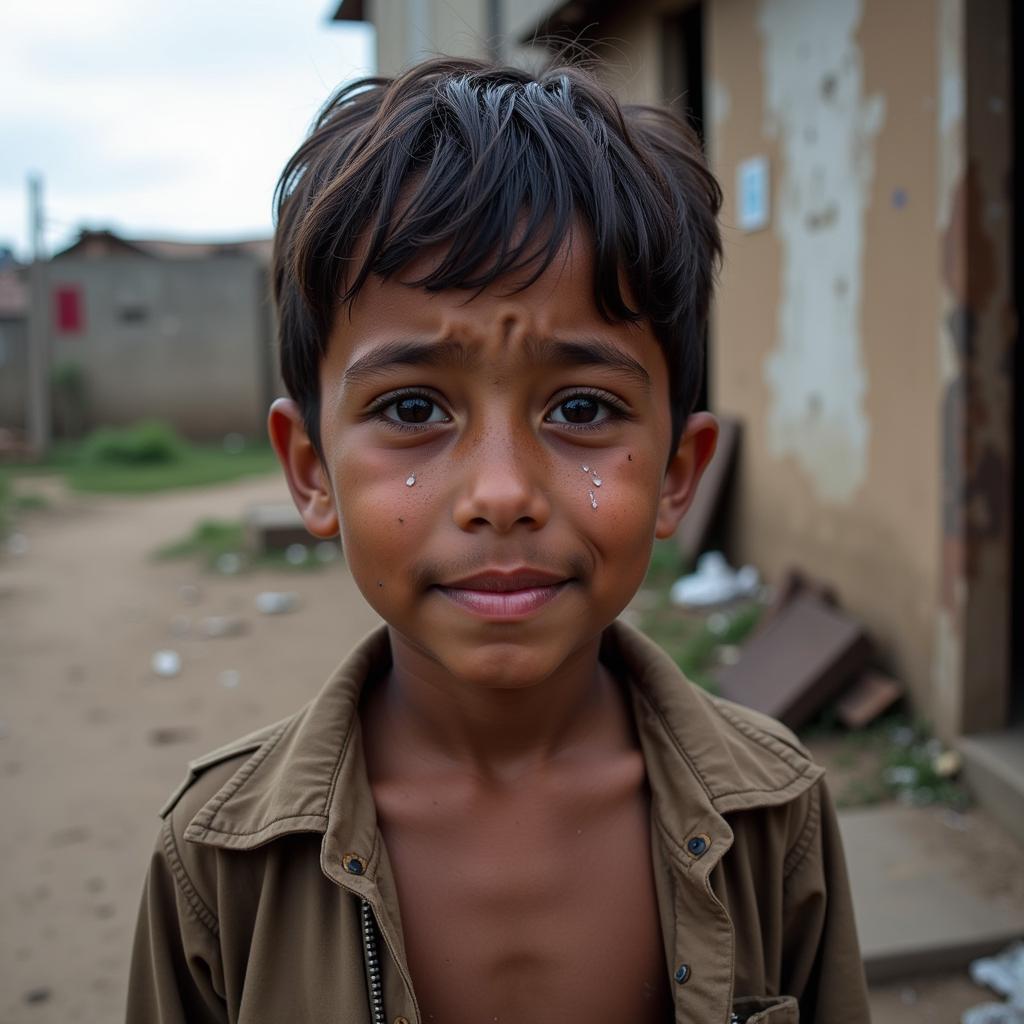African Goddesses of Beauty: Names and Their Meanings
African culture is rich in mythology and folklore, with stories that span generations and embody the values and beliefs of the people. Within these stories are powerful figures, often women, who are revered as goddesses of beauty. They embody not only physical beauty but also strength, wisdom, and grace.
These goddesses offer inspiration and guidance, representing ideals that women strive for. Their names hold significant meanings, often reflecting their roles and attributes. This article delves into the names of these African goddesses of beauty and explores the fascinating meanings behind them.
Goddesses of Beauty from Across Africa
1. Oshun (Yoruba, Nigeria)
Oshun, often depicted as a beautiful woman adorned with gold and water, is the Yoruba goddess of love, beauty, rivers, and fertility. She is a symbol of elegance and grace, representing the power of feminine energy.
“Oshun” derives from the Yoruba word for “sweet,” reflecting her connection with honey and her role as a bringer of sweetness and pleasure. She is associated with the Osun River in Nigeria, where she is believed to reside.
“Oshun is a powerful force of nature, a goddess who embodies both the sweetness and the strength of womanhood,” states Dr. Adeola Odunlami, a renowned Yoruba scholar.
2. Bastet (Ancient Egypt)
Bastet, the Egyptian goddess of cats, is often depicted as a woman with a cat’s head, symbolizing both grace and ferocity. She is the goddess of protection, home, and fertility, with her beauty representing the balance between feminine power and nurturing.
“Bastet” is believed to be derived from the Egyptian word “bsdt,” meaning “she who protects,” highlighting her role as a guardian.
“Bastet is a powerful symbol of feminine strength, showing us that beauty and power can co-exist harmoniously,” explains Dr. Mohamed Ali, an expert in ancient Egyptian mythology.
3. Yemaya (Yoruba, Nigeria)
Yemaya is the Yoruba goddess of the ocean, motherhood, and fertility. Often depicted as a beautiful woman with flowing hair and a long blue dress, she represents the powerful and nurturing aspects of the ocean. Her beauty reflects the vastness, depth, and mystery of the sea.
“Yemaya” is a combination of Yoruba words meaning “mother” and “fish,” representing her connection to the ocean and her role as a nurturing mother figure.
“Yemaya is a symbol of the boundless potential and strength of the feminine spirit,” notes Dr. Oyinlola Afolabi, a leading scholar on Yoruba deities.
4. Isis (Ancient Egypt)
Isis, the Egyptian goddess of magic, motherhood, and healing, is one of the most revered goddesses in ancient Egyptian mythology. Often depicted as a woman with wings, she is known for her wisdom, beauty, and compassion. Her beauty represents the transformative power of feminine energy.
“Isis” is believed to derive from the Egyptian word “aist,” meaning “throne,” representing her role as a powerful queen.
“Isis embodies the ultimate feminine ideal, a goddess who is both powerful and nurturing, beautiful and wise,” says Dr. Sarah El-Sharouni, a leading expert on ancient Egyptian mythology.
5. Nyame (Akan, Ghana)
Nyame, the supreme creator deity in Akan mythology, is revered as the ultimate source of all things, including beauty. While not traditionally depicted as a woman, Nyame’s attributes are often associated with feminine power and energy, representing the creative force behind the universe.
“Nyame” in the Akan language means “the one who created.” This name reflects the ultimate source of all things, including beauty and harmony.
“Nyame embodies the beauty of creation itself, reminding us that the world is a source of wonder and inspiration,” notes Dr. Kwesi Agyei, a prominent scholar of Akan culture.
Beyond the Names: Exploring the Meaning of Beauty in African Culture
These goddess names are more than just words; they represent a complex understanding of beauty that goes beyond physical appearance. In African culture, beauty is often seen as a combination of inner and outer qualities. It is about strength, resilience, wisdom, grace, and the ability to nurture and create. These goddesses inspire women to embrace their individuality and strive for a holistic sense of beauty that goes beyond superficial ideals.
Choosing a Name for Your Child
If you are looking for a beautiful and meaningful name for your child, the names of these African goddesses offer a rich source of inspiration. They embody strength, wisdom, and grace, and will provide your child with a strong and empowering identity.
FAQ
1. What are some other African goddesses of beauty?
Besides the ones mentioned above, there are many other goddesses who are celebrated for their beauty and virtues. These include:
- Aset (Ancient Egypt): Goddess of love, beauty, and fertility.
- Ashanti (Akan, Ghana): Goddess of beauty, love, and motherhood.
- Lwanda (Luo, Kenya): Goddess of beauty, love, and marriage.
2. Why are African goddesses important?
African goddesses represent the values and ideals of the people, embodying the strength, wisdom, and grace of womanhood. They offer inspiration and guidance, showing that beauty comes in many forms and that women have the power to create, nurture, and heal.
3. What are some modern-day examples of African beauty?
Modern-day African women continue to embody the beauty and power of these goddesses. From the powerful voice of the Nigerian singer, Tiwa Savage, to the fashion designs of the South African designer, David Tlale, modern-day African women continue to inspire and celebrate a unique and diverse sense of beauty.
This is just a glimpse into the rich tapestry of African goddess names and the multifaceted meaning of beauty in African culture. As you continue to explore, you’ll discover a world of stories and wisdom that offers valuable lessons for all.


